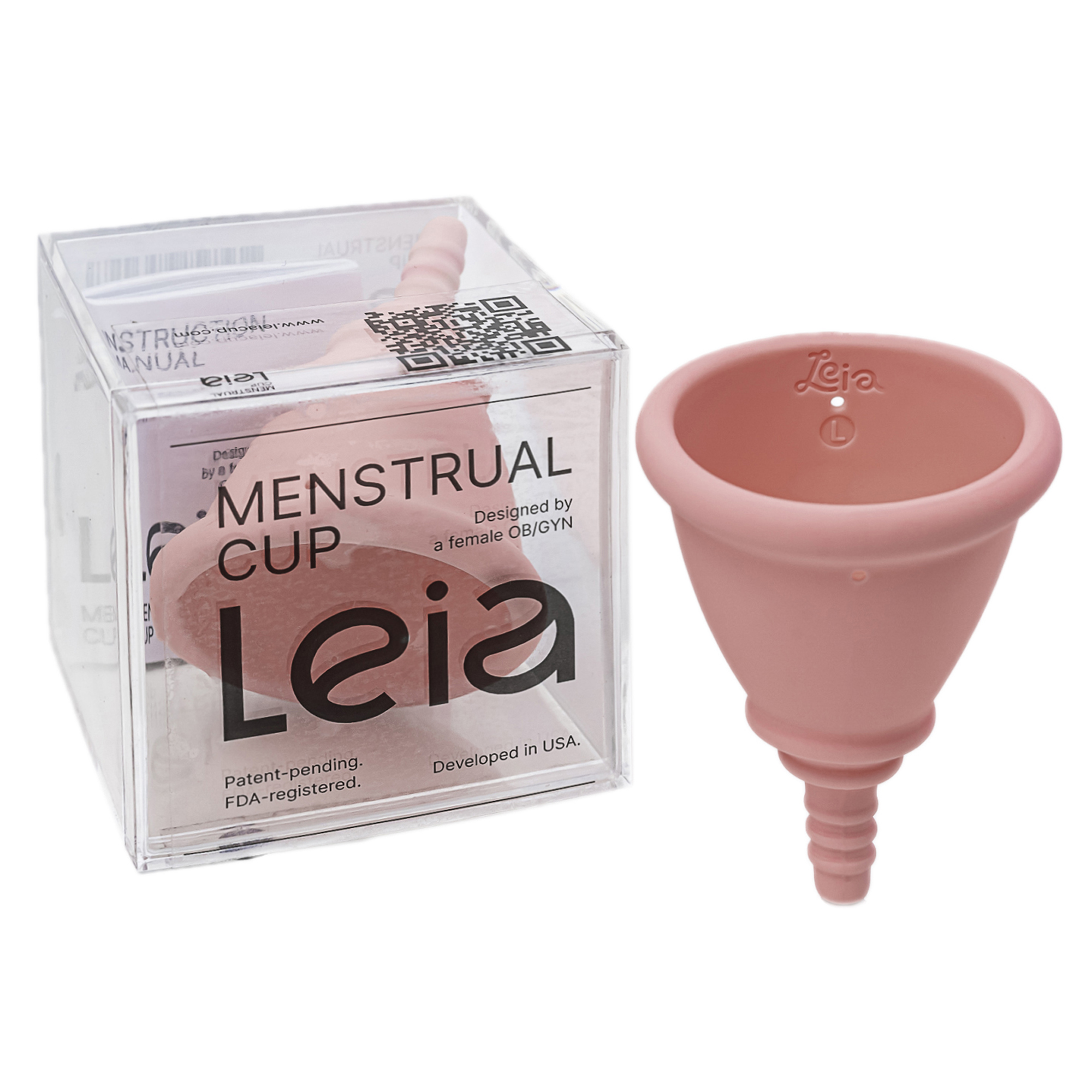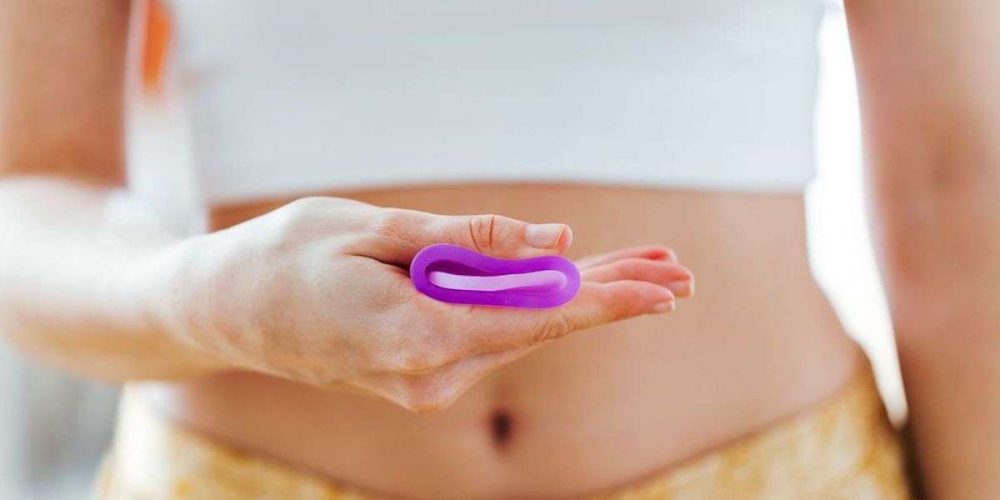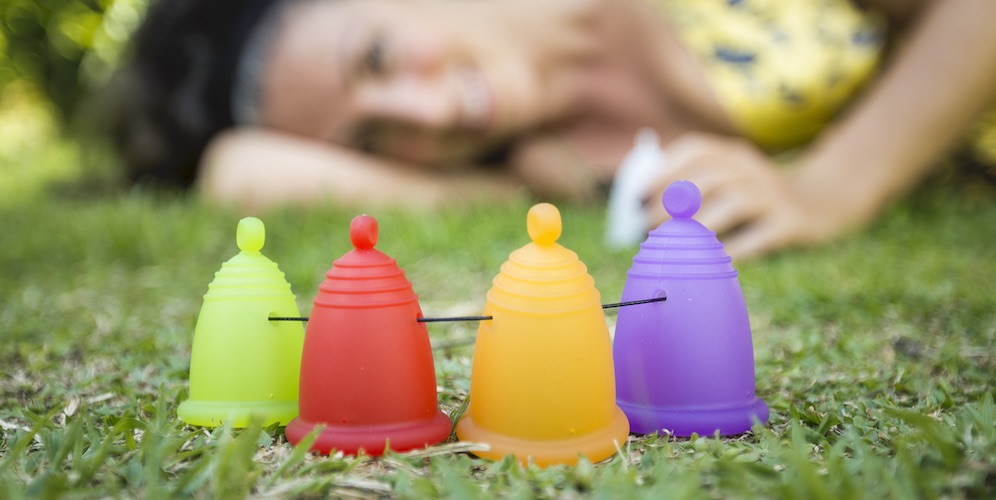Endometriosis affects an estimated 176 million women worldwide regardless of their ethnic and social background. Many remain undiagnosed and are therefore not treated.
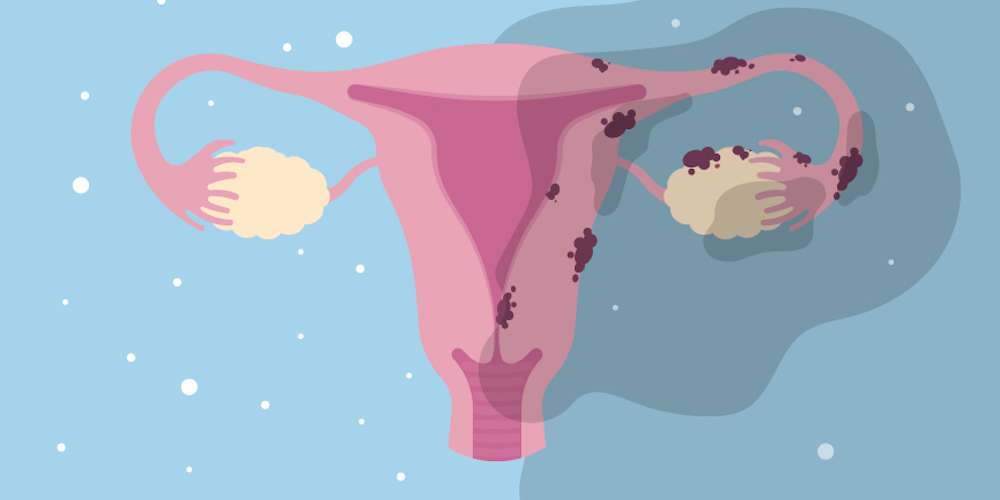
What is endometriosis?
Endometriosis is a medical condition where the tissue that normally lines the uterus (endometrium) grows outside of the uterus, typically in the pelvic area. This tissue can grow on the ovaries, fallopian tubes, outer surface of the uterus, and other pelvic organs.
Common symptoms of endometriosis
Pelvic pain
Chronic pelvic pain is a hallmark symptom of endometriosis. It may be severe and occur before or during menstruation, during intercourse, or throughout the menstrual cycle.
Painful periods
Women with endometriosis often experience intense menstrual cramps that may worsen over time.
Painful intercourse
Deep pain during or after sexual intercourse is common.
Excessive bleeding
Some women with endometriosis may have heavy or irregular menstrual bleeding.
Infertility
Endometriosis can cause can have infertility as an associated symptom with endometriosis is. It is estimated that 30-40% of women with endometriosis are subfertile.
Gastrointestinal symptoms
Some women may experience gastrointestinal symptoms such as bloating, diarrhea, constipation, or nausea, especially during menstruation.
Treatment for endometriosis
It depends on the severity of symptoms and the individual’s goals, which can include pain relief, management of symptoms, or fertility preservation. Treatment options include:
Pain medication
Over-the-counter pain relievers such as non-steroidal anti-inflammatory drugs (NSAIDs) may help alleviate pain associated with endometriosis.
Hormonal therapy
Hormonal treatments like birth control pills, hormonal patches, or hormonal IUD’s can help manage symptoms by reducing the growth and shedding of endometrial tissue.
Surgery
In more severe cases, surgery may be necessary to remove endometrial implants and scar tissue. This can be done through laparoscopic or more extensive surgery, depending on the extent of the disease.
Assisted reproductive technologies (ART)
For women with endometriosis-related fertility issues, assisted reproductive techniques such as in vitro fertilization (IVF) may be recommended.
It’s important to note that while there is currently no cure for endometriosis, various treatment options can help manage symptoms and improve quality of life. If you suspect you have endometriosis or are experiencing symptoms, it’s recommended to consult with a healthcare professional for an accurate diagnosis and appropriate treatment plan.
Here is a helpful video from endometriosis.org that does a good recap of this article about Endometriosis.
Can I use a menstrual cup if I have endometriosis?
Yes, many women with endometriosis can use a menstrual cup. However, it’s important to consult with your healthcare provider before using one, as they can provide personalized advice based on your specific condition and symptoms. Some individuals with endometriosis may find that using a menstrual cup exacerbates their pain or discomfort, while others may find it to be a comfortable and effective option. It’s crucial to listen to your body and make a decision that feels right for you.
Have a look at our selection of menstrual cups
-
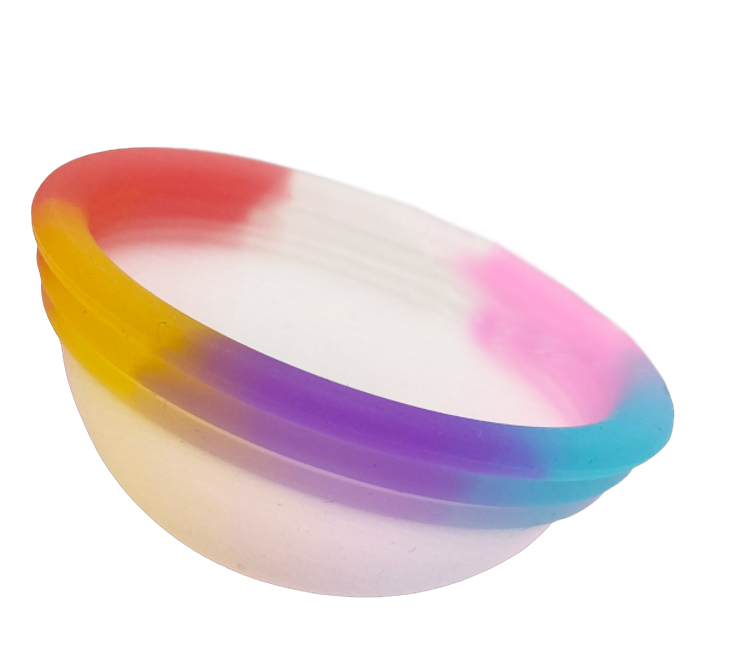 €29.99
€29.99MoonCatcher menstrual disc is a shallow, wide and flexible bowl...
-
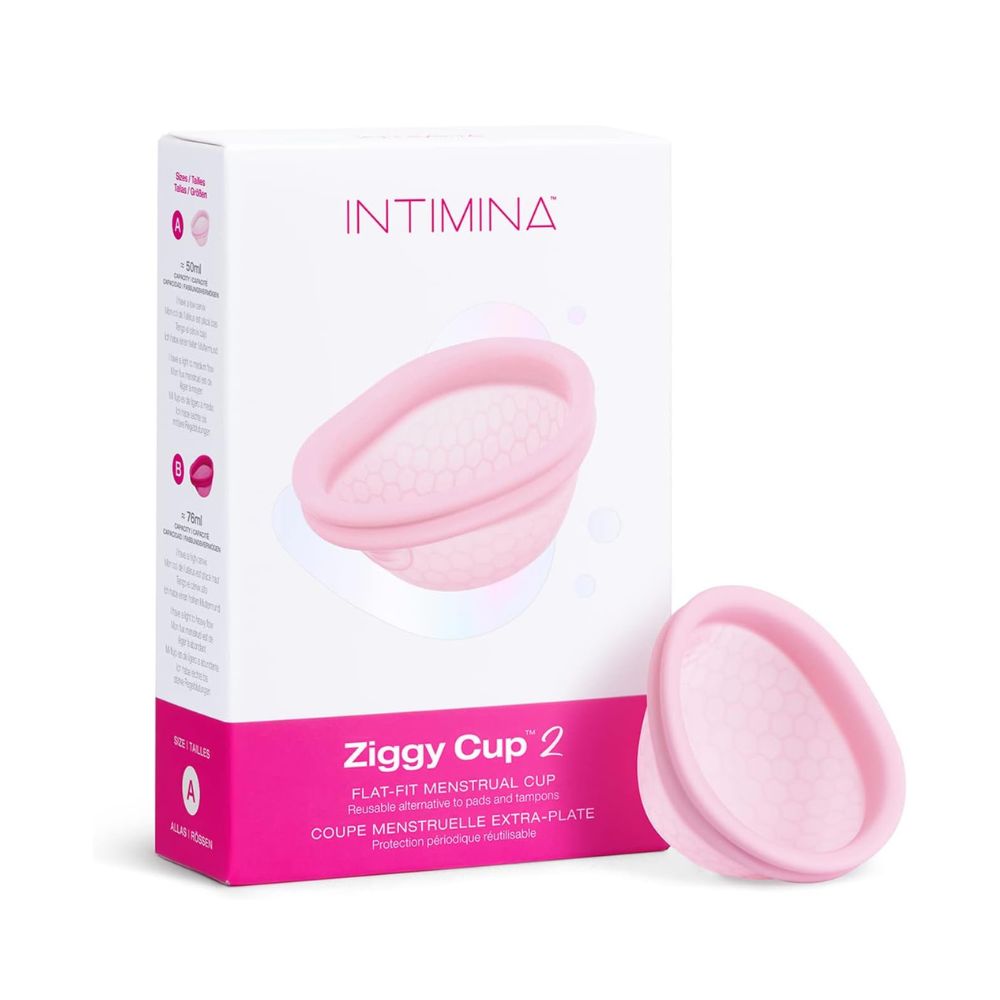 €39.95
€39.95Ziggy Cup™ 2! made from reinforced, flexible medical-grade silicone, this...
-
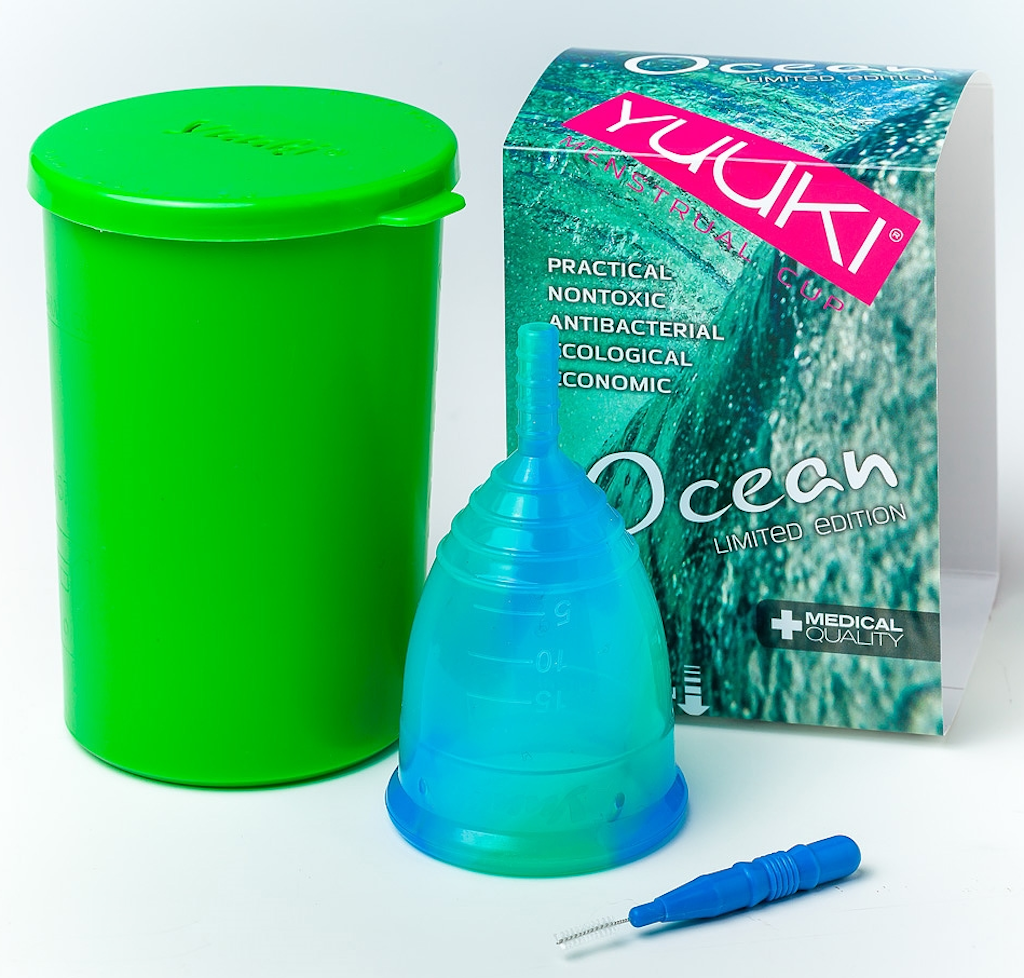
-
